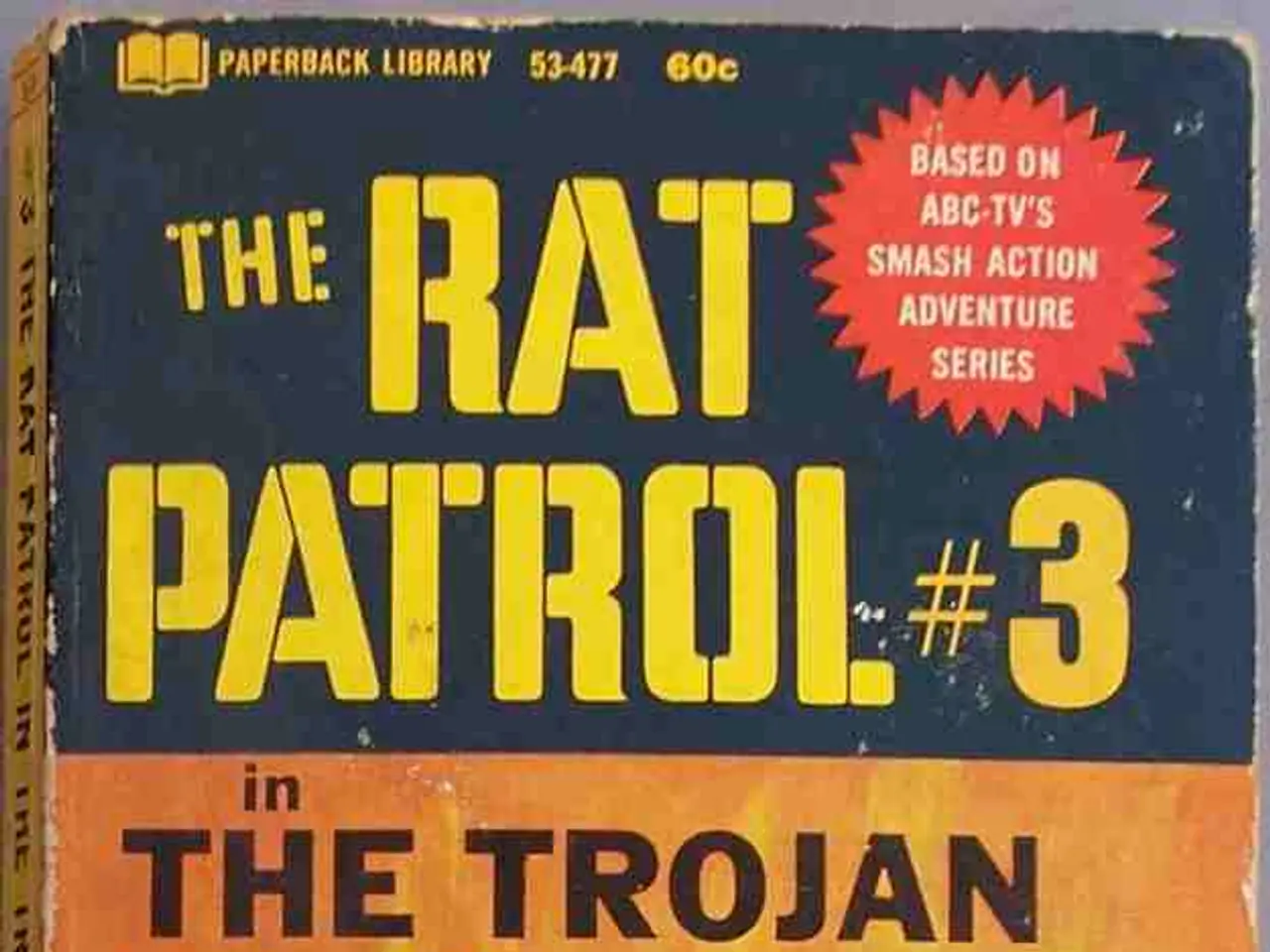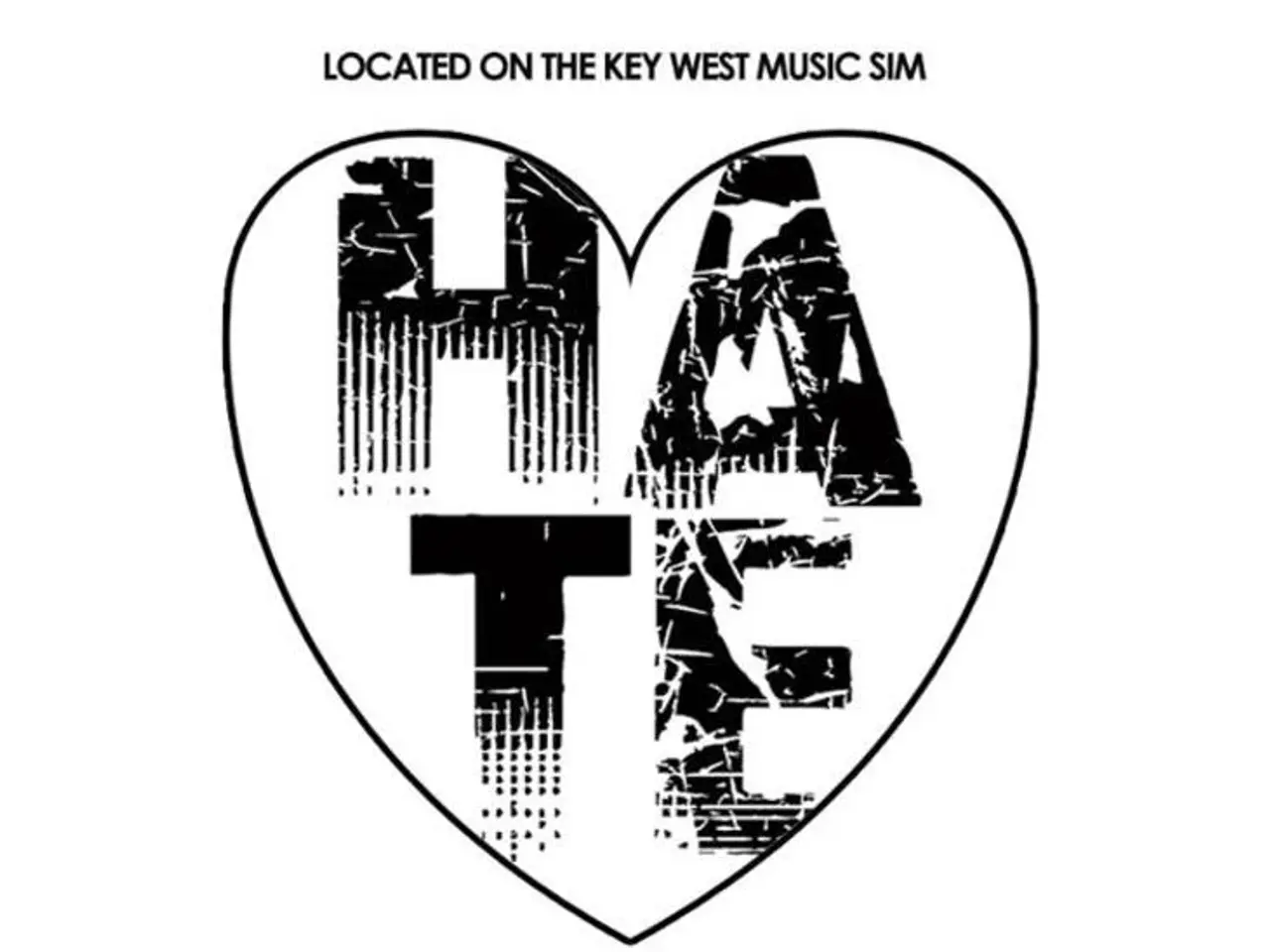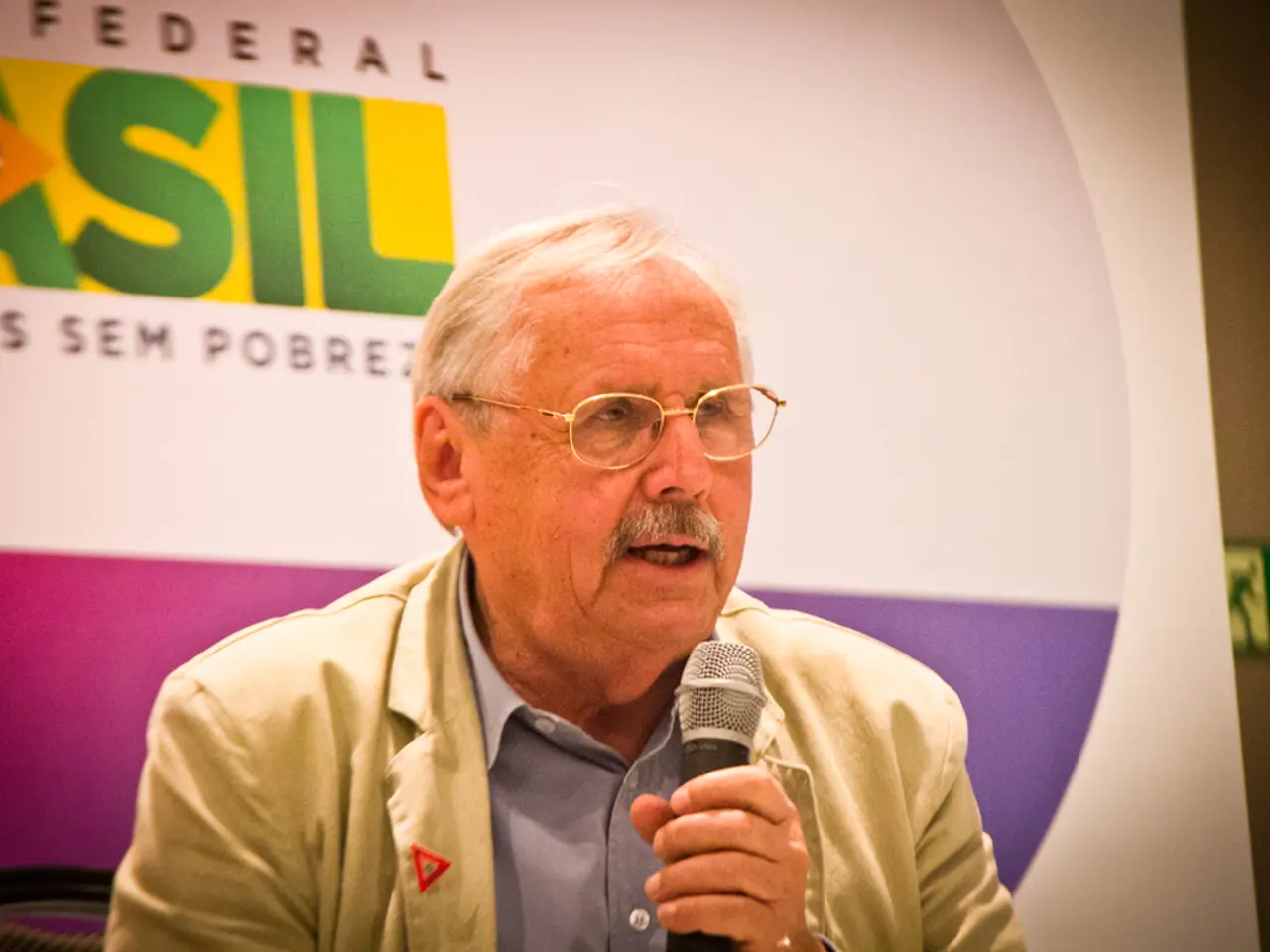Urannium enrichment safeguarded by Iranian army, according to military officials' reports.
Facebook Twitter WhatsApp Email Print Copy Link
In the past week, Israel has been aggressively targeting Iranian sites, including nuclear facilities. According to a retired Iranian general, Iran had anticipated these attacks and had precautions in place to secure all materials essential for weapons development.
A high-ranking Iranian Revolutionary Guard commander asserted that before Israel's attack, Iran had safeguarded highly enriched uranium. "We already moved all relevant materials," former commander Major General Mohsen Rezai remarked during an interview.
"Now, all materials are in our hands," Rezai emphasized. "Secondly, our scientists are in our hands. Thirdly, the factories where we produced nuclear equipment - these factories are still intact." Rezai claimed that Iran's leadership was prepared for war as far back as March and refused to entertain the idea of a truce with Israel.
In his view, Iran must retaliate against the enemy so severely that they will not consider attacking again. "If a ceasefire is imposed on Iran, the country will surely regret it." Israeli forces embarked on a major military operation aimed at preventing Iran from developing nuclear weapons last week, bombing both military and nuclear sites in Iran.
Source: ntv.de, lar/dpa/AFP
- Iran
- Middle East Conflict
- Tehran
- Israel
Additional Insight:
Although Iran has indeed stockpiled large quantities of uranium enriched to levels near weapons grade, the claim that these enriched materials have been directly secured in response to Israeli attacks has yet to be verified independently. The ongoing monitoring of Iran's nuclear program is hindered by Iran's decision to cease implementing the Additional Protocol in 2021, which limits the International Atomic Energy Agency's (IAEA) ability to thoroughly verify Iran's nuclear activities. Furthermore, while Iran may claim defiance against IAEA findings and plans to increase its uranium enrichment capabilities, independent verification remains scarce due to limited international monitoring.
It's essential to note that the IAEA has previously reported evidence of undeclared nuclear material and activities in Iran, underscoring the importance of ongoing monitoring and verification efforts [1][2]. The unease surrounding Iran's nuclear program and compliance with international treaties remains a pressing concern in the global community.
[1] https://www.reuters.com/world/middle-east/u-s-says-evidence-showing-iran-has-worked-design-nuclear-weapon-was-recently-found-2021-10-04
[2] https://www.iaea.org/newscenter/pressreleases/iaea-board-meeting-adopts-resolution-on-the-Israeli-demand-for-the-agency-to-submit-a-report-on-alleged-itectonics-related-activities-in-iran-20211027-175226
[3] https://www.armscontrol.org/act/2019-03/features/irans-uranium-enrichment-arms-control-decades-context
The Commission has also been consulted on the draft directive regarding Iran's claims of securing highly enriched uranium in response to Israeli attacks, given the ongoing politics and general news surrounding war-and-conflicts in the Middle East.
However, additional insight suggests that independent verification of these claims remains scarce due to limited international monitoring, particularly since Iran ceased implementing the Additional Protocol in 2021, hindering the International Atomic Energy Agency's ability to thoroughly verify Iran's nuclear activities.






